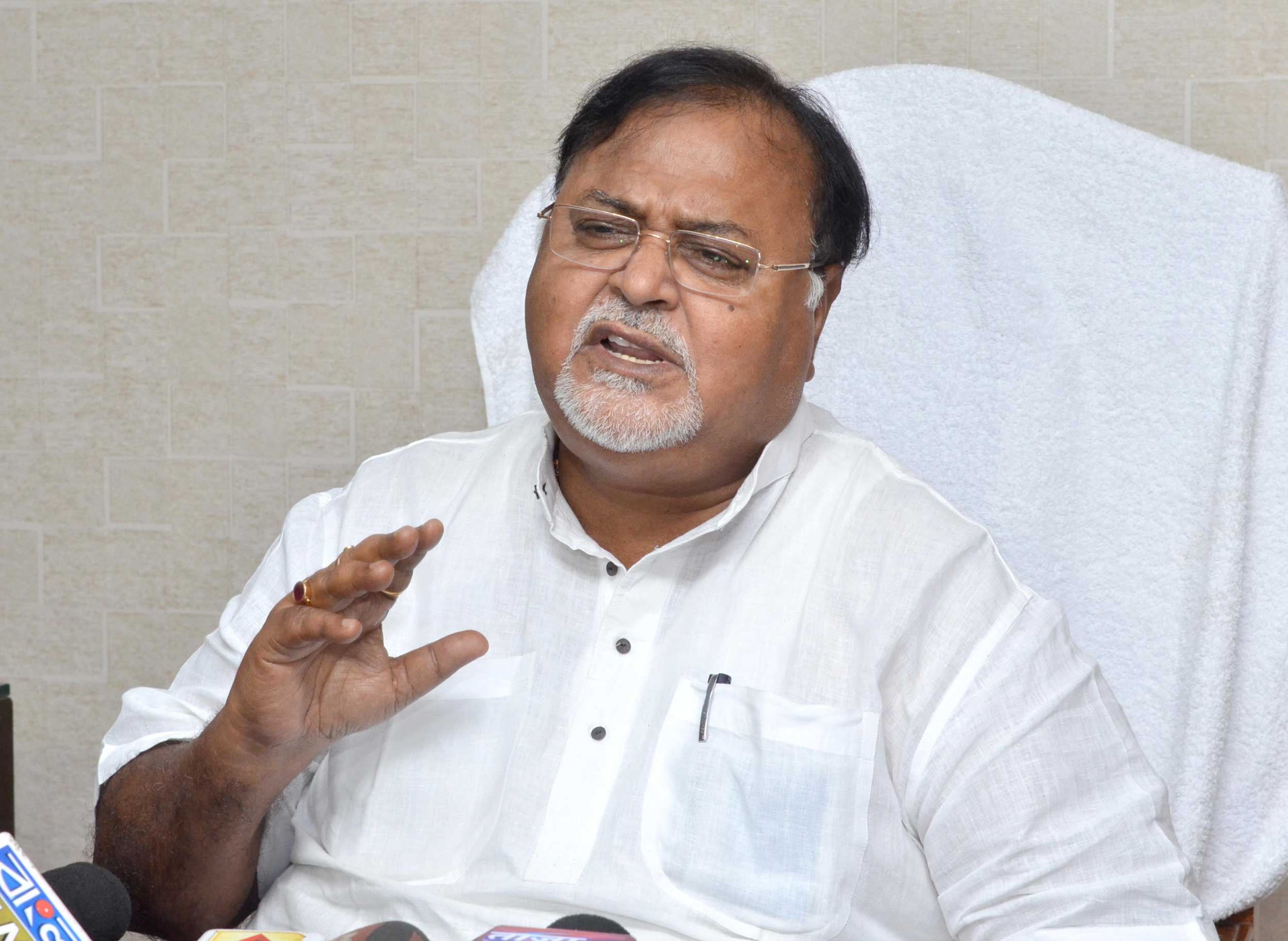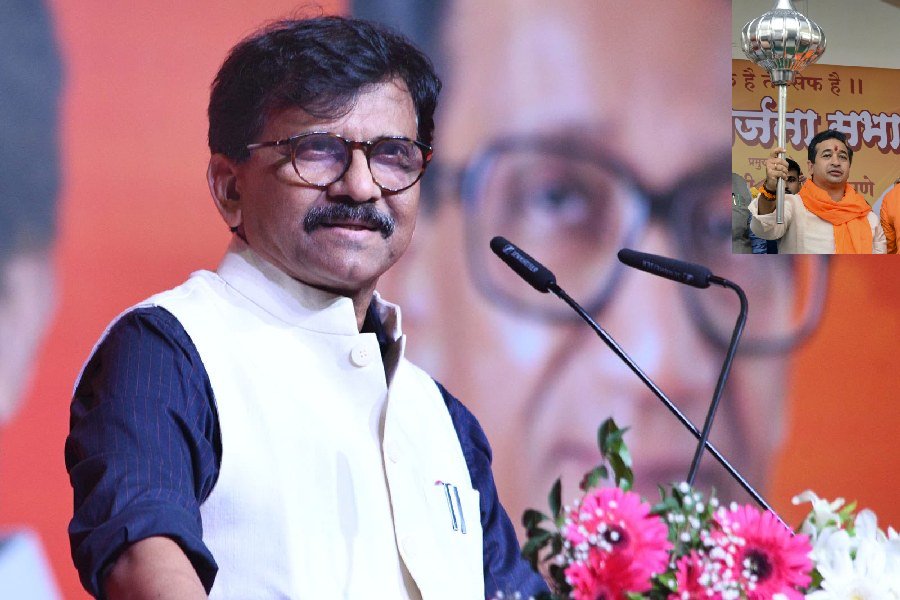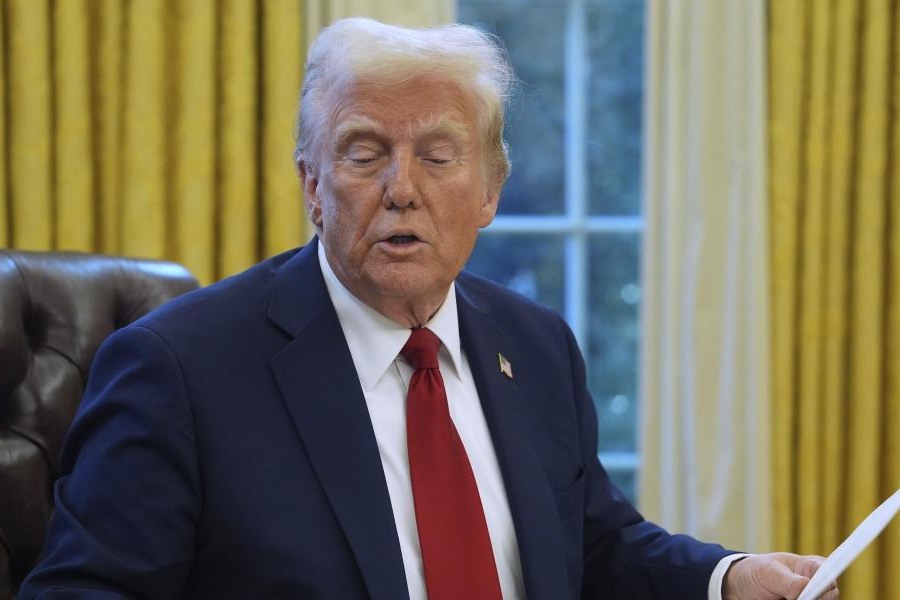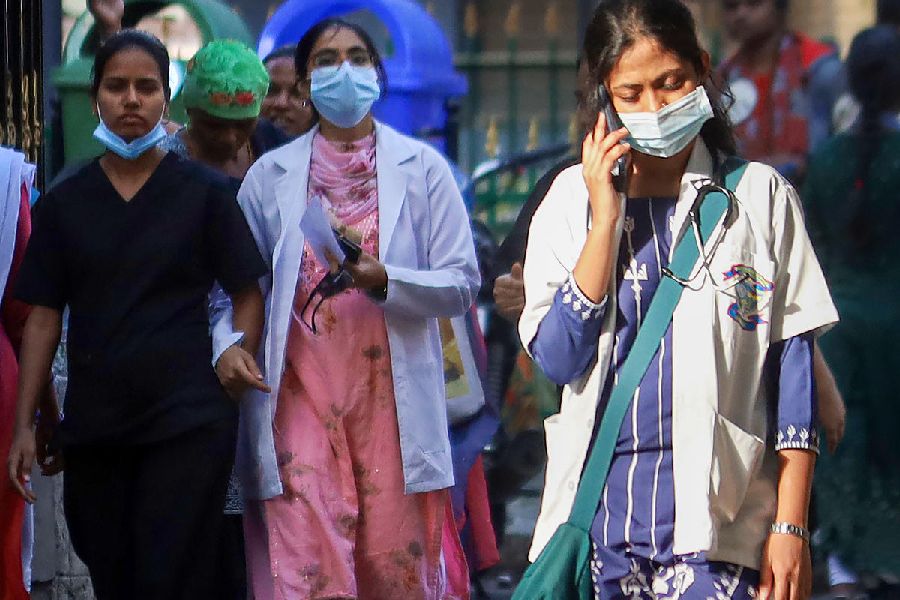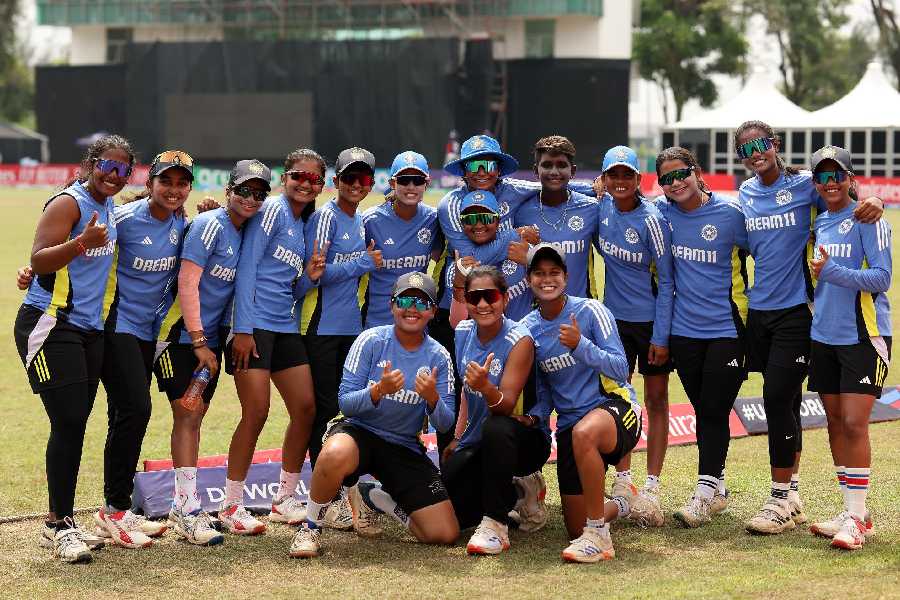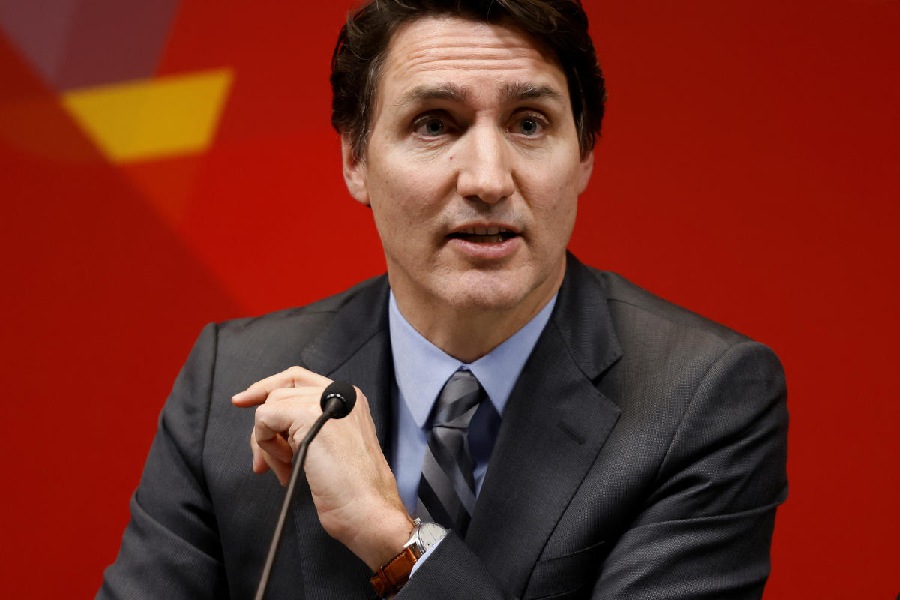The Bengal cabinet on Tuesday approved 10 per cent reservation for economically weaker people of general category in government jobs and higher education, taking the total quota in the state to 55 per cent.
“The cabinet approved a proposal to reserve 10 per cent vacancies or seats in government jobs and higher education for candidates from the economically weaker section in the general category. The new reservation will be in addition to the quota in place for the SC, ST and OBC categories. The guidelines for the determination of the economically weaker section will be notified later,” education minister Partha Chatterjee said after the cabinet meeting at the Assembly building on Tuesday.
With this, sources at Nabanna said, the total reservation in Bengal has reached 55 per cent. The Scheduled Caste and Scheduled Tribe categories enjoy 22 per cent and six per cent reservation in the state, respectively. The quota for the Other Backward Category is 17 per cent.
“As the Centre has already amended the Constitution to make the reservation for the economically weaker section possible, the state would not face any trouble in implementing the quota even though it would cross the 50 per cent mark,” said a senior government official.
Although Chatterjee said the state would notify the criteria to determine the economically weaker section, sources in the personnel and administrative reforms department that moved the proposal in the cabinet said they would be similar to what the Centre had fixed earlier this year.
The primary criteria to declare a person economically weaker under the Centre’s guidelines are a family income of less than Rs 8 lakh per year, ownership of less than five hectares of agriculture land or homes measuring less than 1,000sqft. “We will follow the Centre’s criteria. That will ensure quota for a significant number people in Bengal. The government is in favour of extending the facility to a larger section of people,” said a source.
The sources said the Bengal government was forced to go for the new quota even though the chief minister had doubts over the Centre’s move initially. The pressure started building on the state government after the subdivisional officers refused to issue certificates under this category because of absence of a state policy and job seekers or students could not apply for vacancies at the central government and universities.
“None of the general category students could apply for courses at Visva Bharati, the only central university in Bengal, this year. Moreover, many complained that they could not avail themselves of the facility while applying for central government jobs. The state had to do something,” said a source.
Sources in the state secretariat said announcing the reservation remained as a popular tool to recover lost foothold by the ruling establishment since the Left front tenure. “The then chief minister Buddhadeb Bhattacharjee had announced 10 per cent quota for Muslims. As the Constitution did not allow religion-based reservations, the state had to bring Muslim sub-castes under the OBC category and raise reservation for OBC category from 7 per cent to 17 per cent,” said a bureaucrat.

